Consumer behavior has undergone massive shifts this year, resulting in many enterprise organizations having to drastically pivot their strategies. The pandemic greatly impacted brick-and-mortar locations as consumers turned to digital channels for everything from grocery shopping and ordering dinner to making medical appointments via telehealth services and more. Businesses across every industry have had to implement new digital platforms at a rapid speed.
According to Deloitte’s recent survey of 405 C-level executives, 41% reported the “top outcome” they hoped to achieve by implementing digital platforms was to react more rapidly to their customers’ needs.
“For marketing leadership, this represents a watershed moment,” writes Deloitte in its 2021 Global Marketing Trends report, “Given the rapid changes in customer engagement expectations, coupled with customers’ increased appreciation of and dependence on digital technology, it is now more important than ever to accelerate—rather than throttle—investments that empower organizations to quickly respond with the most relevant customer messaging and offers.”
When it comes to agile marketing, “speed is of paramount importance”
According to Deloitte, for agile marketing to be successful, marketers must make speed a priority. This means being able to rapidly prototype and launch new offers. Unfortunately, a majority of brands are failing when it comes to the speed of their email marketing programs—a primary vehicle for engaging with customers and launching new offers.
Based on our research, 80% of major brands are taking more than a week to move an email from concept to delivery. Slow email creation times, and even slower approval processes, are keeping many enterprise marketing organizations from adopting agile email creation methods.
The marketing operations leaders we talk to have access to tools that help them personalize customer messaging and automate email deliverability, but their email creation process is broken. Copywriters, designers and developers are usually working with disparate tools that fail to integrate, with few no-code solutions to democratize the email creation process. Even if a team is using an email creation solution, it likely lacks creative guardrails to keep emails compliant and brand guidelines in place no matter who is building them. This coupled with the fact that most marketing automation platforms are anything but collaborative makes the email review process a headache for all involved.
According to Deloitte, to be agile, marketers must be able to anticipate their customers’ needs and respond in real-time through their digital channels. But today’s email creation process makes it nearly impossible for enterprise organizations to rapidly respond to customers via email.
Enterprise organizations must invest in agile platforms to move ahead
So what is an enterprise marketing organization to do? According to Deloitte, “For the first time ever, the tools to successfully execute agile marketing are readily available to organizations.”
As Deloitte puts it, brands must invest in the tools and platforms that make it possible to respond quickly to their customers’ needs. All too often, we see marketing organizations throwing money at tools to automate and personalize campaigns but fail to consider how to actually accelerate those campaigns. This is especially true in the email marketing landscape.
Email is a critical channel not only for responding to customer needs but engaging new prospects and starting new conversations. But, email marketing teams seem to be resigned to the mistaken idea that email creation is a time-consuming and, ultimately, unproductive process. When it comes to stensul’s ability to enable an agile email marketing approach, this couldn’t be further from the truth.
In fact, we overwhelmingly agree with Deloitte’s positions that “the tools to successfully execute agile marketing are readily available”—especially when it comes to email creation processes. We developed our email creation platform to streamline the entire process so that marketers could rapidly accelerate email campaign launches. Our clients have reduced the time it takes to create emails by more than 90%, saving over 1,000 hours per month and generating over $500,000 in ROI during their first year using stensul, with some clients seeing as much as a $1 million in ROI.
Digital technology is top of mind for CMOs … and consumers
The primary goal of Deloitte’s 2021 Global Marketing Trends report was to gauge how consumers and brands have responded to the pandemic. In addition to surveying C-level executives to “separate the signals from the noise of change,” Deloitte also polled more than 2,400 global consumers.
According to the report, more than 60% of the consumers it surveyed said they would rely on digital technologies more than they did prior to the pandemic even after it subsides. Another 58% said they recalled, at least, one brand that quickly pivoted to better respond to their needs—among this group, more than 80% said the interaction led them to doing more business with the brand.
This data underscores just how much consumers want brands to engage, as long as they are providing value and meeting the needs of their customers. Not only do they want engagement, a majority will continue to turn to digital channels to communicate with brands (66% reported the pandemic increased their appreciation for well-designed technology).
Fortunately, CMOs—along with the rest of the C-suite—understand just how important their digital platforms are. According to Deloitte’s executive survey, 68% reported digital technology would be the most critical function of the organization in the coming months, followed by marketing and sales.
“CMOs are positioned to advise the organization on its innovation strategy and should rise up from being just the ‘receiver’ of a strategy they are responsible for marketing to customers downstream,” writes Deloitte. Part of owning the strategy means investing in the right platforms that enable effective and efficient processes across marketing functions.
If CMOs want to meet customers where they are and deliver timely messaging, they need digital technologies that make the email marketing process more efficient and effective. To fully adopt an agile mindset, marketers must invest in platforms like stensul that fully enable agility.
For marketing operations leaders, it’s time to put focus on strategy over execution
The notion that CMOs should take the lead on innovation goes beyond the CMO role. Marketing operations leaders charged with creating agile environments are key players in terms of understanding what platforms are needed to align marketing campaigns with specific business outcomes. To be an effective marketing leader, the people heading up their organization’s marketing operations team must shift their focus from execution to strategy.
“As COVID-19 pushes digital transformation to the forefront, marketers can help their organizations pivot their thinking from ‘protecting what they have’ to opening new doors, new partnerships, and new digital platforms that capture their customers’ hearts and minds,” according to Deloitte.
Relying on outdated technology to create emails is putting business outcomes at risk, costing enterprise organizations time and money. Marketing organizations and the teams managing the martech stack need more than new digital platforms that, “capture their customers’ hearts”—they need marketing technology platforms that enable them to quickly respond to the customers’ needs in the first place.
If marketers want to take the reins and own the innovation roadmap as recommended by Deloitte, they will need to invest in the platforms that enable agile environments. Time and again, stensul’s clients have been able to make the transition to an agile approach in a matter of days, swiftly accelerating their email marketing campaigns without adding more staff or sacrificing the quality of their email programs.
As Deloitte emphasizes in its report, marketers are going to need a whole new playbook and platforms like stensul to navigate the new normal: “Pivot to an agile digital channel strategy that meets customers needs as they unfold or risk losing relevance in an already tight marketplace.”




